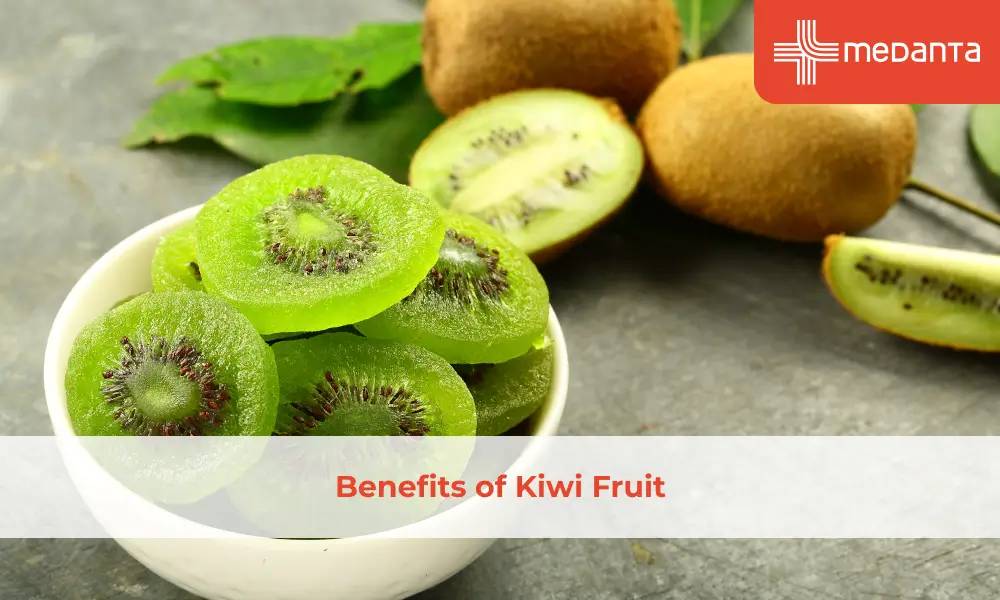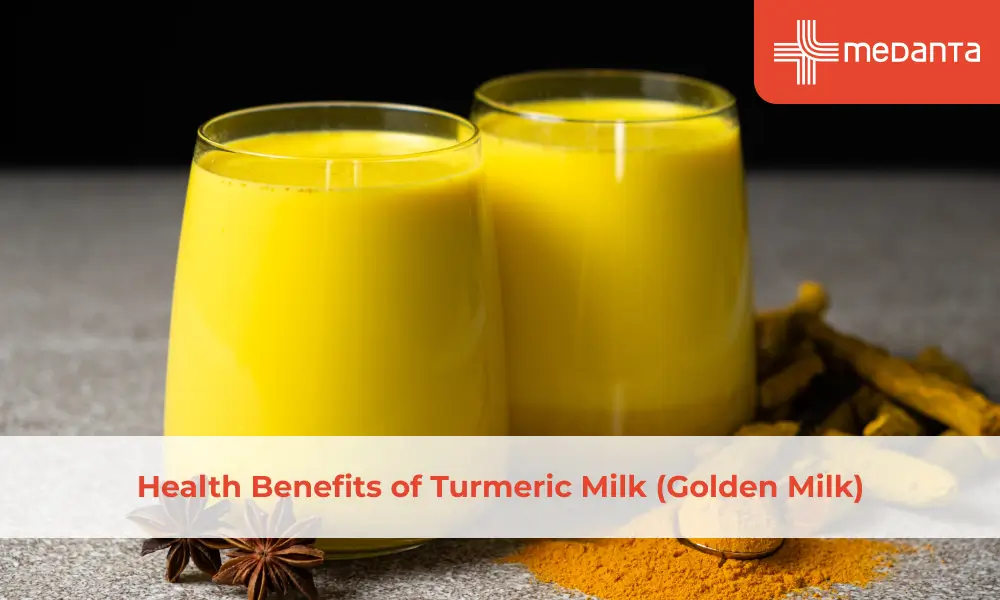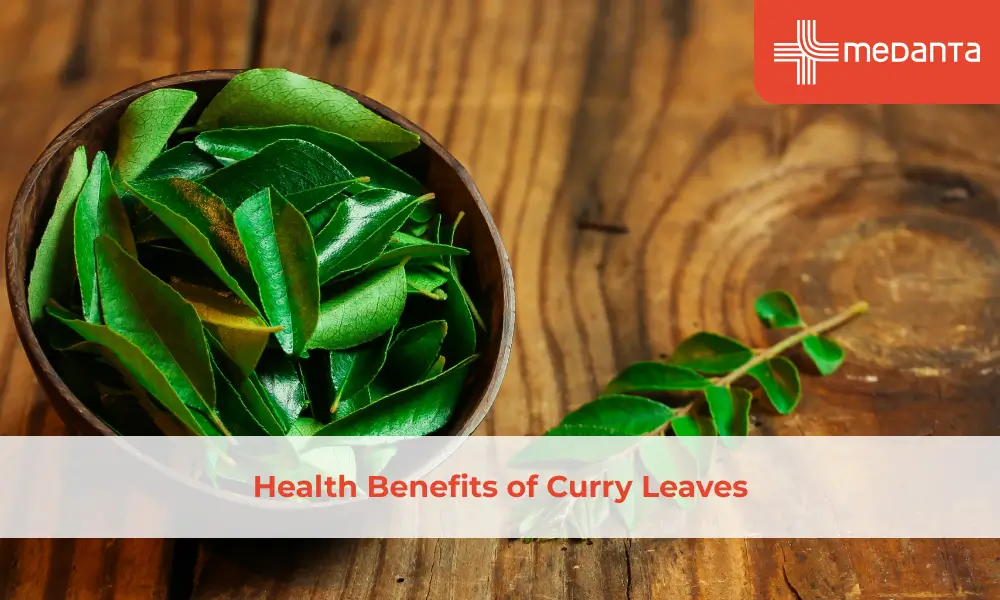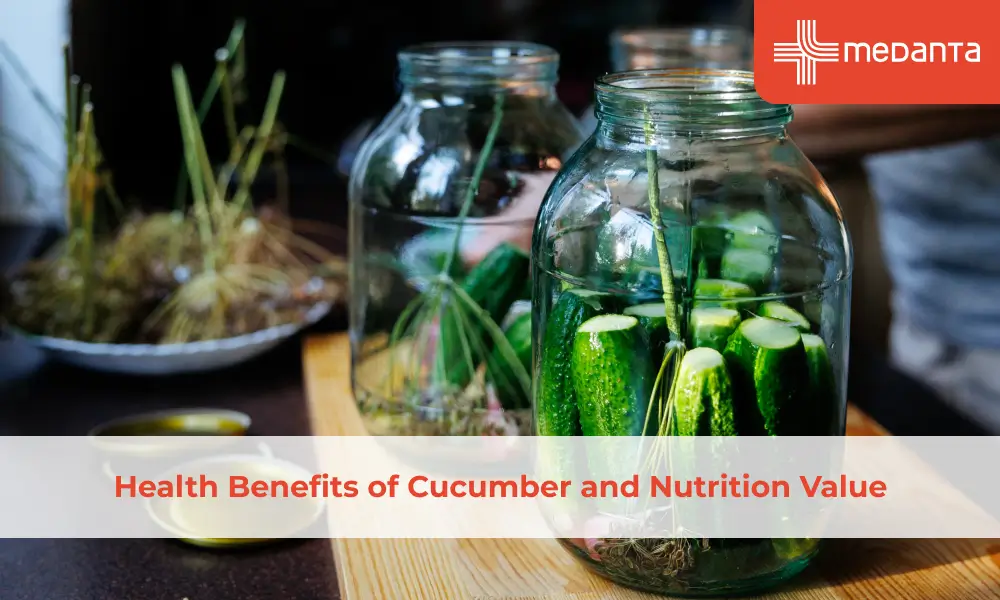Benefits of Apricots: Nutrition Value and Key Nutrients
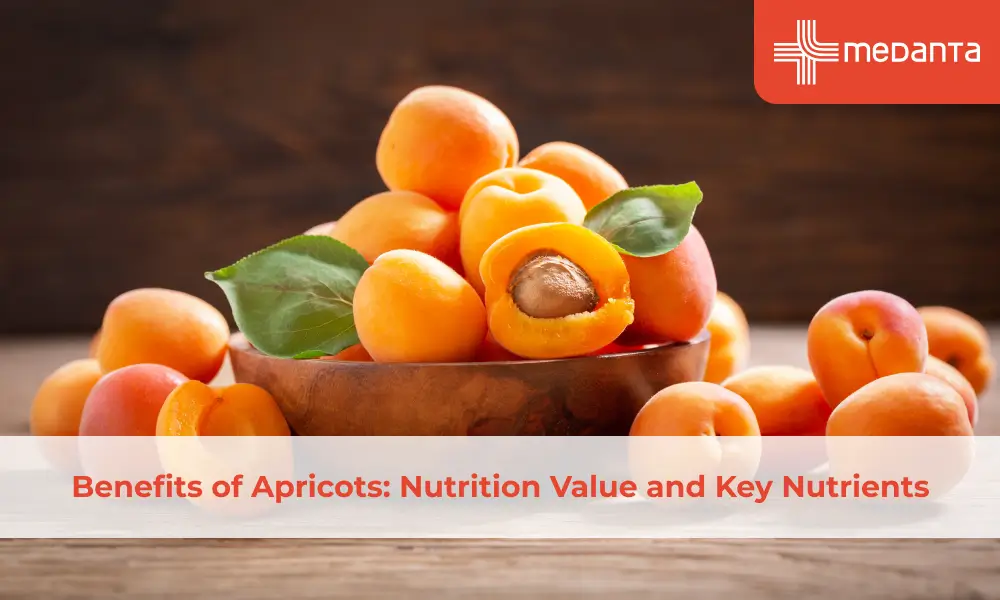
TABLE OF CONTENTS
Apricots may be small, but these nutrient rich fruits pack powerful health benefits. Two fresh apricots (70 grams) contain just 34 calories while providing 8% of your daily vitamin A and vitamin C needs. Nature delivers these golden-orange fruits as perfect little vitamin packages.
These fruits shine as great sources of dietary fibre. The fruits come loaded with antioxidants like beta carotene and vitamins A, C, and E that shield your cells from damage. Their low fat content combines with a rich mix of vitamins, flavonoids, and potassium to make these tiny fruits nutritional powerhouses.
Your diet can get a healthy boost when you add apricots to your meals. This piece has sections about complete nutrition facts, health benefits and ways to get the most out of this amazing fruit.
Apricot Nutrition and Key Nutrients
The nutritional makeup of apricots is a beautiful bundle of vital elements. A single apricot has:
Calories - 16.8 cals
Protein - 0.49g
Fat - 0.14g
Carbohydrates - 3.89g
Fibre - 0.7g
These fruits are rich in potassium (an electrolyte needed for healthy nerve function & muscle contractions).
Antioxidants like beta-carotene, lutein, and zeaxanthin are abundant.
These fruits contain flavonoids such as chlorogenic acids, catechins, and quercetin that guard against diabetes and heart disease.
Health Benefits of Eating Apricots
Apricots' rich antioxidant profile includes beta-carotene and vitamins A, C, and E that protect cells from damage.
Each apricot provides sufficient fibre that can keep your gut healthy by maintaining optimal bacteria levels.
Your blood pressure stays regulated & heart function improves thanks to the high potassium content in apricots.
The combination of iron & vitamin C helps prevent anaemia effectively.

Dry Apricot Benefits for Female Health
Women can benefit from dried apricots' concentrated iron content especially during menstruation when iron deficiency risks are higher.
These dried fruits provide nutrients that make hair healthier and strengthen hair follicles.
Your skin health improves as the antioxidants in dried apricots boost collagen production.
How Many Apricots Should You Eat Daily?
Type | Recommended Amount | Portion Size Guide |
Dried Apricots | 30-40g (3 to 4 pieces) | Two thumbs joined together |
Fresh Apricots | 2-3 medium apricots | Approximately 70g |
Note that nutritional needs vary based on your age, gender, and activity level.
Possible Side Effects of Apricot Consumption
Apricots offer many health benefits, but eating it excessively can give you some side effects. You need to enjoy this nutritious fruit in moderation to stay safe.
Too many apricots, especially dried ones, can upset your stomach. The fibre content helps your health in the right amounts, but excess consumption leads to bloating, gas, and diarrhoea.
People with diabetes need to be careful since dried apricots pack concentrated sugar that can affect blood sugar levels.
The preservatives in some dried apricots, called sulfites, can trigger allergic reactions. These reactions range from mild discomfort to serious breathing problems in sensitive people.
Stone fruit allergies are common and they show up as itching and swelling of your face, lips, mouth, throat, or tongue. Severe allergic reactions include:
Coughing and breathing difficulties
Skin rashes
Digestive issues including vomiting
Life-threatening anaphylaxis in some cases
Apricot kernels pose the biggest risk since they contain amygdalin that turns into cyanide inside your body. Half a kernel can seriously harm small children. Adults should limit themselves to two small kernels daily to avoid seizures or deadly poisoning.
Pregnant and nursing mothers should stick to eating regular amounts of apricots instead of taking medicinal preparations.
Conclusion
Apricots pack impressive nutritional value even though they're small. These golden fruits offer a great mix of vitamins, minerals, and antioxidants without many calories or fat. The high amount of fiber in them helps digestion and their potassium plays a role in keeping blood pressure in check while helping the heart work well.
Dried apricots have proven benefits especially for women because of their concentrated iron content that prevents deficiencies during menstruation. The fruit's antioxidants promote collagen production for healthy skin and strengthen hair follicles. Note that eating apricots in moderation works best. You can eat two to three fresh fruits daily or a small handful of dried ones to get optimal benefits without stomach issues.
Apricots ended up earning their place in a balanced diet through their nutrient density and health benefits. These vibrant fruits make a simple yet powerful addition to meals that can improve your overall health while delivering a delicious sweet-tart flavour.
FAQs
What are the main health benefits of apricots?
These fruits are full of antioxidants like beta-carotene, vitamin A, vitamin C and vitamin E to destroy free radicals and the fibres to support gut health & help prevent constipation. Apricots protect your vision by guarding against cataracts and slowing age-related macular degeneration. Your blood pressure stays regulated thanks to its potassium content.
Are dried apricots good for female health?
Yes! Women need more iron during menstruation, and dried apricots are rich in this vital mineral. The iron helps raise haemoglobin levels in your blood. Your hair grows healthier & follicles become stronger with these nutrient packed fruits. Your skin health improves from their antioxidant content.
What nutrients are found in apricots?
A 70g serving of fresh apricots provides:
Vitamin A (8% DV)
Vitamin C (8% DV)
Vitamin E (4% DV)
Potassium (4% DV)
Antioxidants like beta-carotene, lutein, and zeaxanthin protect our body from harmful substances.
Flavonoids such as chlorogenic acids, catechins, and quercetin are beneficial in diabetes and heart disease.
What are the benefits of eating apricots daily?
Keep taking apricots and you'll notice:
Better skin through collagen production
Protected cells from oxidative stress
Better digestion from fibre content
Improved vision
Balanced blood sugar levels
How many dried apricots should I eat per day?
You should eat 30-40g (3-4 pieces) daily. International guidelines and the FDA recommend no more than 40g of dried fruit daily.
Can apricots improve skin & hair health?
Your skin stays protected from damage thanks to apricots' vitamins A, C and E. Collagen production increases with vitamin C, making your skin more elastic. Your hair follicles get nourishment, become less dry, and might even see less dandruff.
What are the common uses of apricots?
Fresh apricots make great snacks or add flavour to yoghurt & salads. Trail mix and granola taste better with dried varieties. Both types work well in jams, preserves, and salsas. Your slow-cooker meals with chicken or beef become tastier with stewed apricots. Desserts like pies, cakes and pastries get a flavour boost from these fruits.

